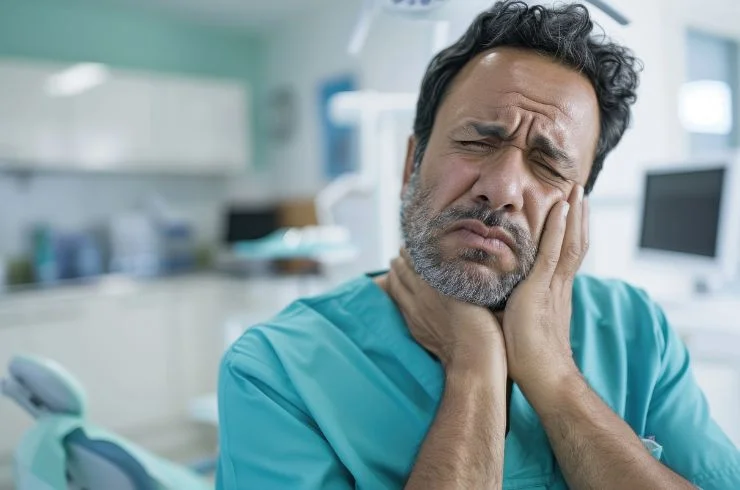
What is Urgent Dental Care?
Urgent dental care refers to immediate treatment for dental issues that require prompt attention to alleviate pain and prevent further complications. This type of care is crucial for addressing conditions such as severe toothaches, broken teeth, abscesses, and dental injuries. Urgent care aims to provide quick relief and restore dental health, ensuring that patients receive the necessary treatment in a timely manner.
Common Conditions Requiring Urgent Care
Severe Toothache:
Dental Abscess:
Trauma or Injury:
Lost Fillings or Crowns:
Pain Management Strategies
Effective pain management is a vital component of urgent dental care. Dentists employ various techniques to alleviate discomfort during and after treatment:
Local Anesthesia:
Over-the-Counter Pain Relievers:
Prescription Medications:
Cold Compress:
When to Seek Urgent Dental Care
Patients should seek urgent dental care if they experience: